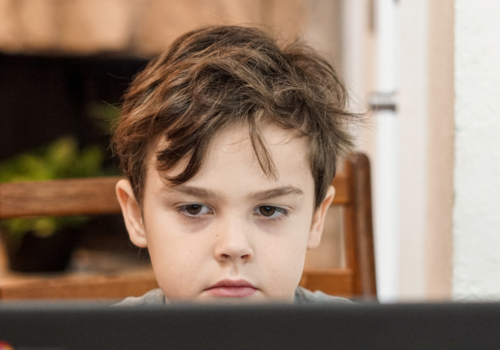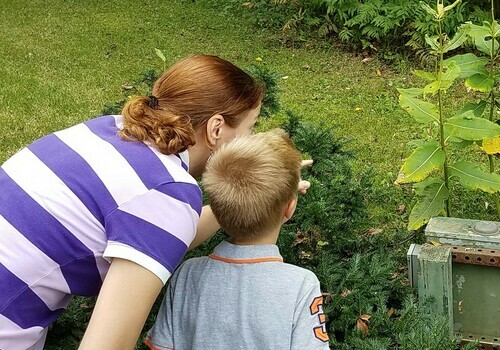
Stress in the household was a main reason why many children developed problematic media use during the height of the pandemic. Household screen rules had little effect on media usage, according to new research.
Emily Kroshus had three children under age 6 at the time of the pandemic lockdowns. She remembers how she coped with online work meetings. “I would turn to screens.” And not to co-view and discuss content with her children. “It’s more like: ‘please, can I hypnotize you for an hour?’”
“I’m not proud of that,” the child behavioral researcher recalls. “And I don’t think I’m alone.”
Curiosity prompted Kroshus and her lab at Seattle Children’s Research Institute to survey other parents in the fall of 2020. A diverse group of 1,000 American families responded, each with at least one child between the age of 6 and 17.
According to the survey results published in the journal Pediatrics, one in three children displayed “problematic media use,” which Kroshus describes as “the child is unwilling or unable to stop using media.”
About one in three households had rules around media use, such as keeping devices out of the bedroom at night and not bringing screens to meals. But did those rules prevent problematic use of phones, laptops and computers? Continue reading






